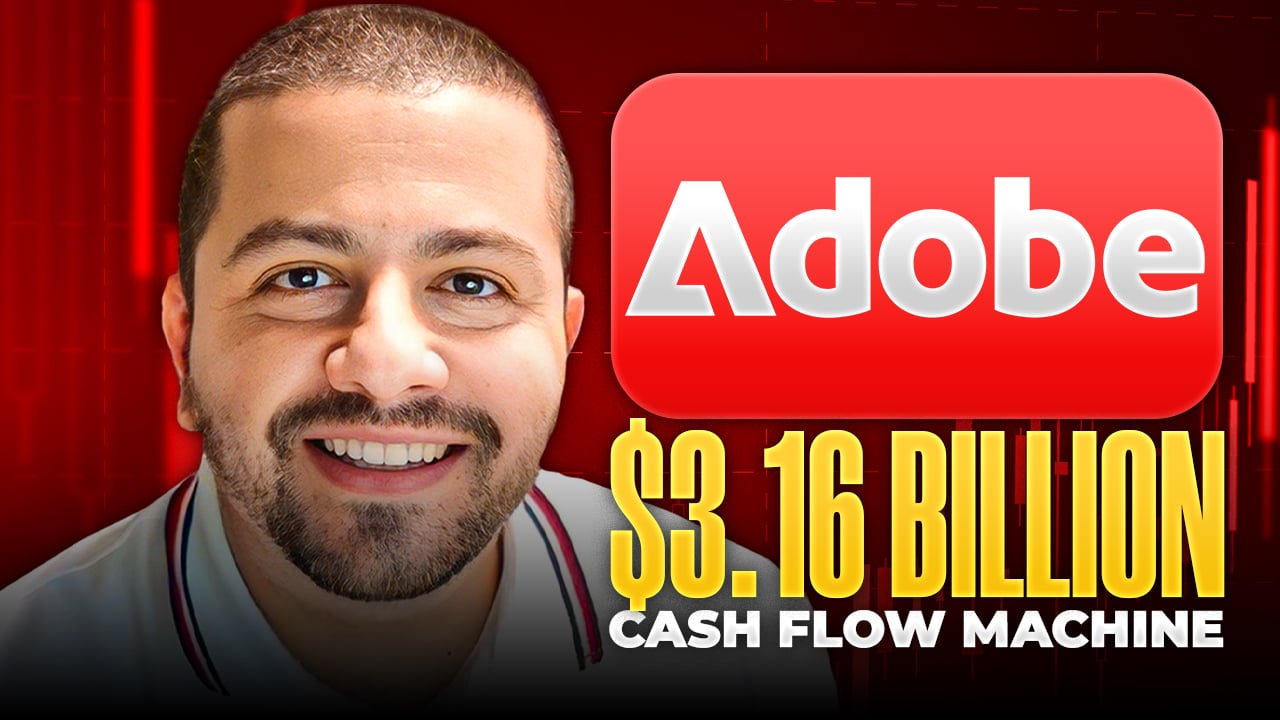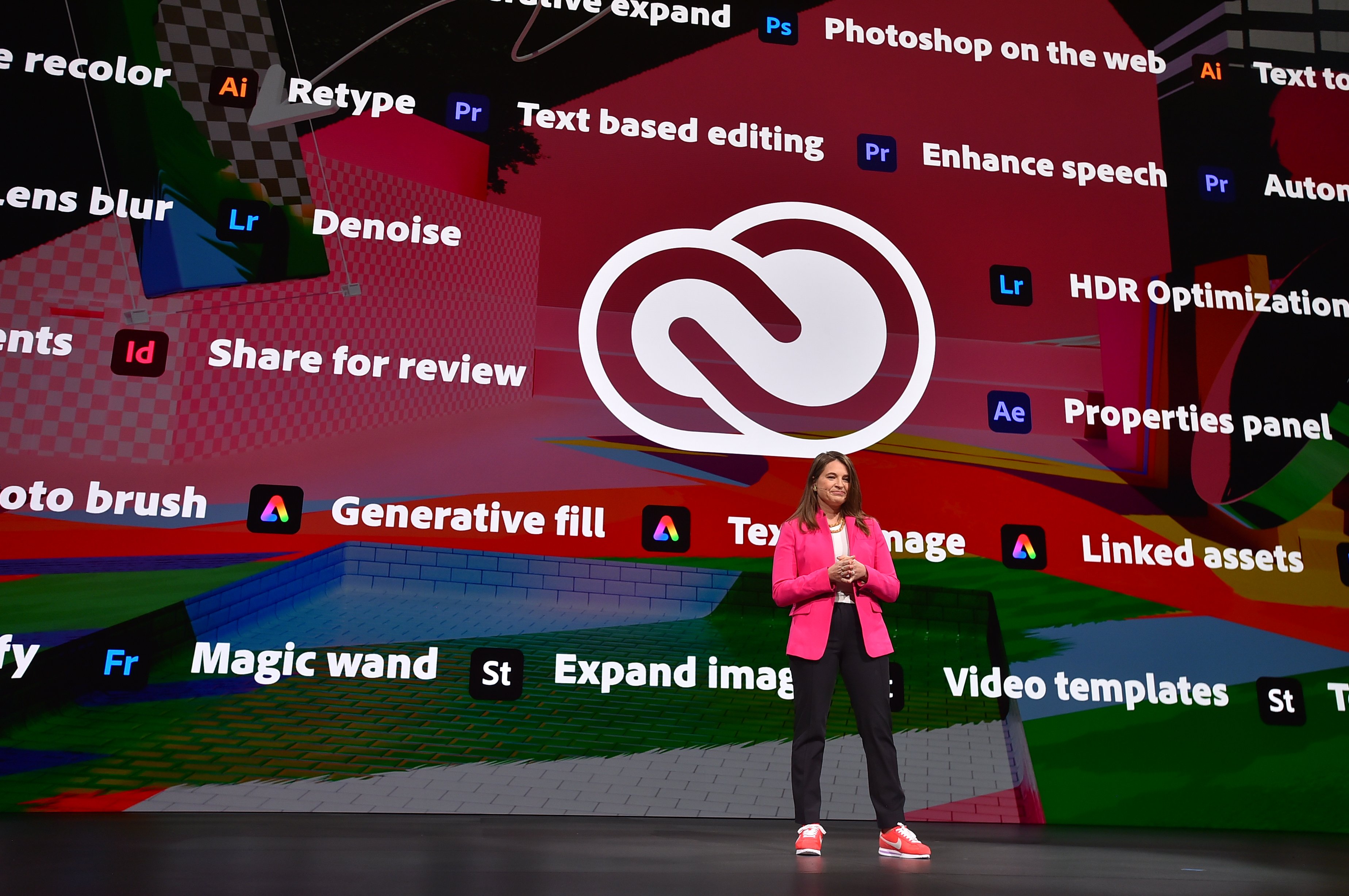With Adobe Systems' (ADBE 2.62%) stock trading near its 52-week-high set last month, now might not seem like the best time to implement a massive new share repurchase program. But Adobe did just that last week, announcing its board has approved a new authorization for the company to buy back up to $2 billion in common stock through the end of fiscal 2017.
Before you reach for that sell button, consider this: Adobe's $2 billion buyback makes perfect sense for several reasons.
First and foremost, this program represents an unsurprising extension of Adobe's long-standing efforts to return capital to shareholders even while minimizing dilution from stock issuances. This also replaces Adobe's similar now-exhausted $2 billion repurchase program, which was unveiled in early 2012 and designed to run through the end of fiscal 2015. And that program replaced an exhausted $1.6 billion authorization that ran through fiscal 2012.
Second, note the program's long duration, which affords Adobe the flexibility to exploit temporary fluctuations in the share price as its long-term thesis plays out. While Adobe stock is up about 16% over the past year -- handily beating the S&P 500 in the process -- its returns have been laced with volatility along the way:
Most recently, Adobe stock popped over 9% in a single day after the company announced better than expected fiscal fourth-quarter 2014 results. At the time, management noted it had just finished repurchasing $689 million in stock during fiscal 2014 for an average price of $63.21 per share -- a significant discount to its current price at close to $72 per share.
Only three months earlier, however, Adobe stock plunged after the company's fiscal third-quarter results met analysts' expectations, but forward revenue guidance fell short due to a faster than anticipated transition toward term-based subscription bookings for its cloud-based software. That meant roughly $60 million in revenue that would have been recognized from perpetual software licenses was pushed forward from fiscal 2014 under term-based contracts, which recognize revenue over the course of their respective agreements.
Contrary to what the market's knee-jerk reaction seemed to indicate, however, that fast transition was a great thing -- Adobe's cloud software tends to result in better customer engagement, a more predictable revenue stream, and higher long-term growth. In short, the pullback was a great opportunity for Adobe to opportunistically repurchase shares.
Here's what to expect now
So where does that leave investors today?
Adobe is scheduled to report fiscal first-quarter 2015 results in March, but management gave us a preview of the year ahead during its most recent call.
Specifically, Adobe expects total Creative Cloud software subscriptions to grow another 70% in fiscal 2015 to roughly 5.9 million. Keep in mind Adobe not only added more Creative Cloud subscribers with each passing quarter last fiscal year -- ending with net additions of 644,000 during its most recent period -- but also exited fiscal 2014 more than 400,000 net subscribers ahead of its original goal. Going forward, Adobe sees Creative Cloud subscriptions declining sequentially in its fiscal first quarter, then resuming sequential growth in its second, third, and fourth quarters.
Adobe also outlined long-term goals for its digital media and marketing cloud segments' revenue to climb at compound annual rates of 20% and 25%, respectively, through fiscal 2016, resulting in companywide compound annual revenue growth of 20%. What's more, Adobe said, this should result in adjusted earnings of at least $3 per share in fiscal 2016, up more than 45% from expected adjusted earnings of $2.05 in this fiscal year.
Of course, past performance is never a guarantee of future results. But I like Adobe's chances given its track record and market-leading position in the world of image and video manipulation software. In the end, if Adobe can reach those goals while significantly reducing its number of shares outstanding through buybacks, I think long-term shareholders will be more than happy they held on.







